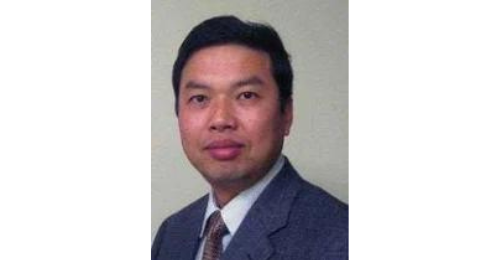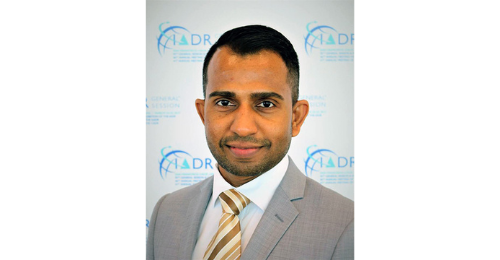Light-powered photocatalytic coatings for environmental remediation
About the project or challenge area
Photocatalysis has emerged as an effective green solution for environmental applications. For example, photocatalytic coatings can be used for self-cleaning/self-disinfecting surfaces in hospitals and public places; air/water purification devices for buildings and households, especially for developing countries, because they generate reactive oxygen species (ROS) under the irradiation of light. Bacterial pathogens are inactivated through a contact-killing mechanism, whereby the generated ROS disrupt or damage their cell membrane. The ROS also accelerate the breakdown or decomposition of any Volatile Organic Compounds (VOCs) to eliminate pollutants and contaminants from the environment. Challenges still exist in current coatings to achieve cost-effectiveness, up-scalability, robustness, and high photocatalytic performance. The project is aimed at developing highly efficient and durable photocatalytic coatings based on a low-temperature ceramic coating system incorporated with TiO2/2D nanosheets heterojunctions.
Why choose this project?
You will have the opportunity to work in a multidisciplinary environment of materials and microbiology. You will have the opportunity to design and optimise the coating formulation with enhanced photocatalytic activity for the intended applications. You will have the opportunity to develop cost-effective in-line coating methods using a plasma technology. You will have the opportunity to characterise the developed coatings using a range of techniques from microscopy, spectroscopy to microbiology.
About you
You will have a science or engineering background, ideally, in materials, chemistry, or chemical engineering. Knowledge, experience, and skills in microbiology are advantageous but not essential as full training will be provided.
Bench fee
£2000
How to apply
All students can apply using the button below, following the Admissions Statement (PDF, 188kB). Please note that this is an advertised project, which means you only have to complete Section A of the Research Statement.
This project is not funded, for further details please use this link.
Before applying, we recommend getting in touch with the project's supervisors. If you are interested in this project and would like to learn more about the research you will be undertaking, please use the contact details on this page.
 Supervisor
Supervisor
Your supervisor for this project will be Professor Bo Su, Professor of Biomedical Materials in the Bristol Dental School. You can email him at B.Su@bristol.ac.uk.
 Co-supervisor
Co-supervisor
Your co-supervisor for this project will be Dr Nihal Bandara, Senior Lecturer in Oral Microbiology in the Bristol Dental School. You can email him at nihal.bandara@bristol.ac.uk.
Find out more about your prospective research community
The Environmental Change theme is a vibrant community of researchers who integrate expertise across multiple disciplines to provide the evidence base and solutions to tackle the world's most pressing environmental challenges. Find out more about the Environmental Change research theme.